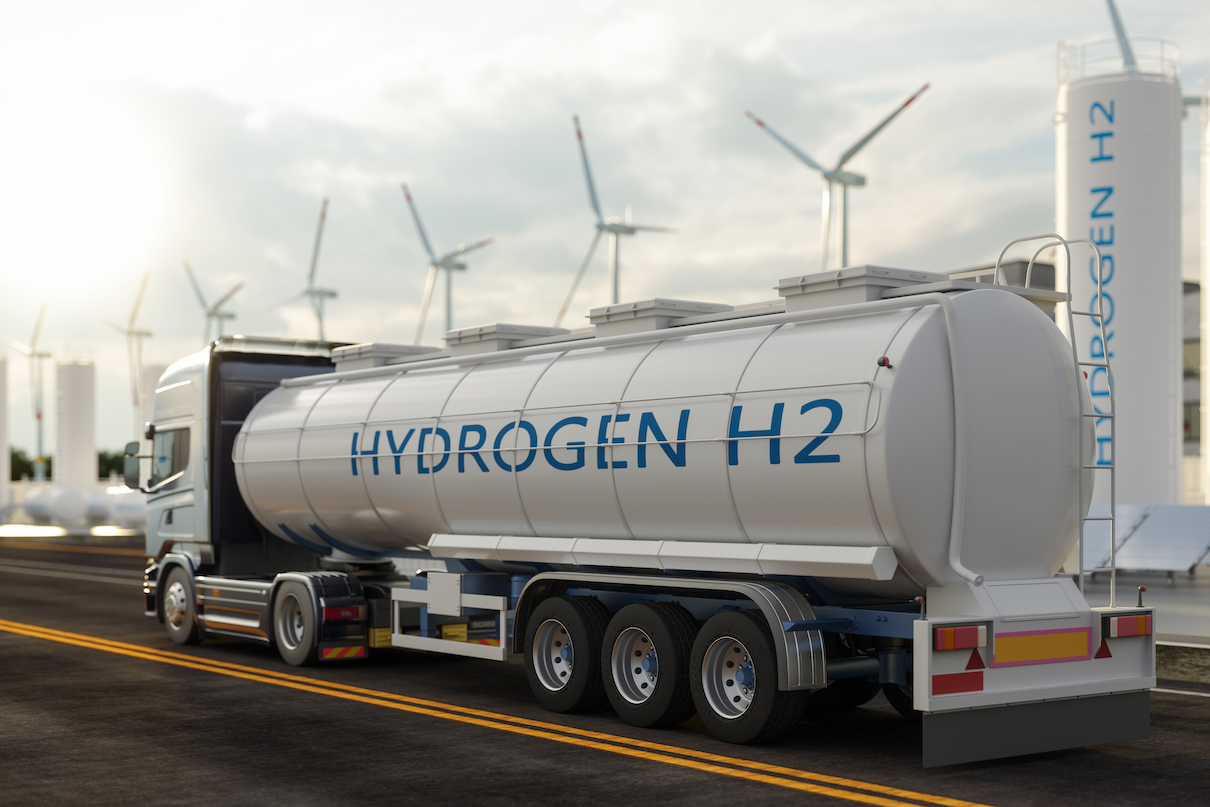The funding, awarded by the US Department of Energy's (DOE's) Office of Clean Energy Demonstrations (OCED), is the first tranche of $1.2 billion in cost-sharing promised by the DOE.
OCED awarded $30 million to the California hydrogen hub, led by the Alliance for renewable clean hydrogen energy systems (Arches), to begin phase 1 of its project plan.
The Arches public-private partnership is set to access new or existing wind generation: its stated aim is to “create a sustainable renewable, clean hydrogen market and ecosystem in California and beyond by 2030”.
It aims to do so through various renewable energy sources within the state, increasing production and offtake of renewable hydrogen from 30t/day to more than 500t/day by 2032.
Offtakers are expected to be in the ports, power and heavy-duty transport sectors, particularly expanding hydrogen fuel-cell heavy transport as part of a clean west coast freight network that will link the California and Pacific Northwest hydrogen hubs.
Phase 1 of the project is expected to last up to 18 months.
The Pacific Northwest hydrogen hub, led by the Pacific Northwest Hydrogen Association (PNWH2), received an OCED award of $27.5 million.
The project aims to leverage the region’s existing renewable energy resources, including several large hydroelectric dams.
Phase 1 is anticipated to last one year and will encompass initial planning and analysis activities to ensure that the concept is technologically and financially viable.
OCED also awarded $30 million to the Appalachian regional clean hydrogen hub (Arch2), led by Battelle.
Instead of renewable energy, the Appalachian hydrogen hub “plans to leverage the region’s ample access to low-cost natural gas”.
The first phase is expected to last up to 36 months for planning, analysis and design activities.

.png)


.png)










